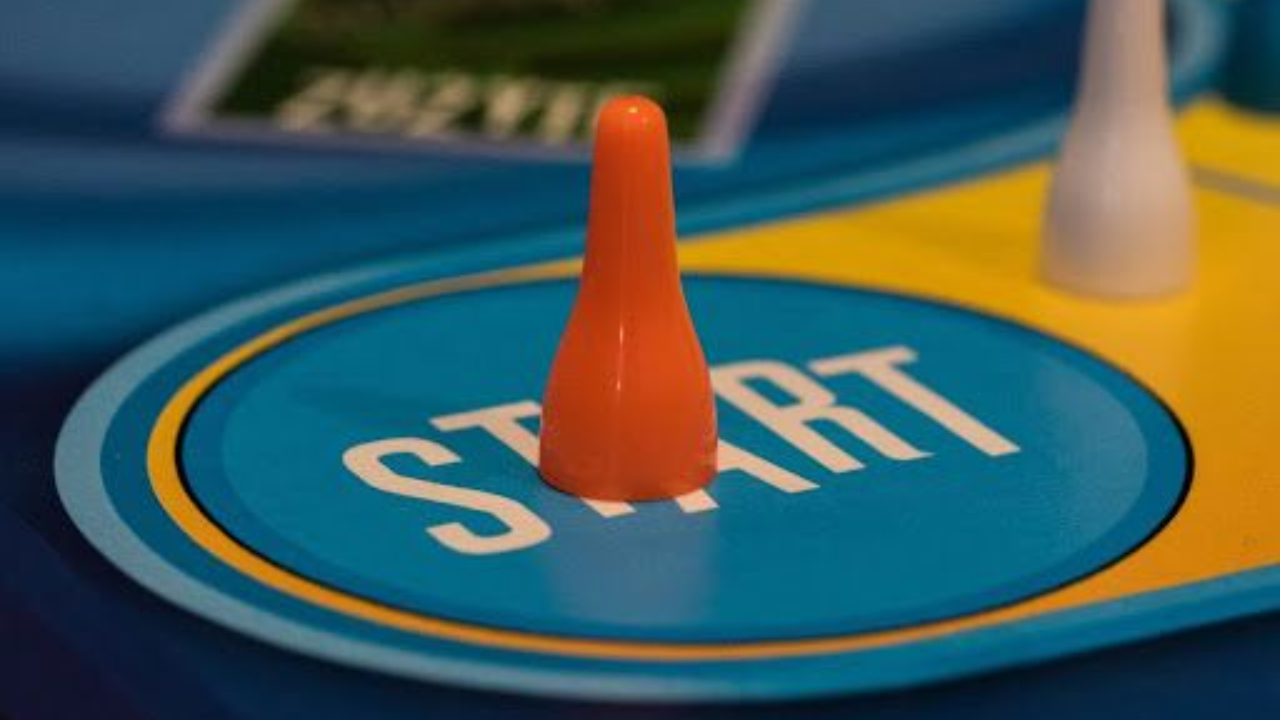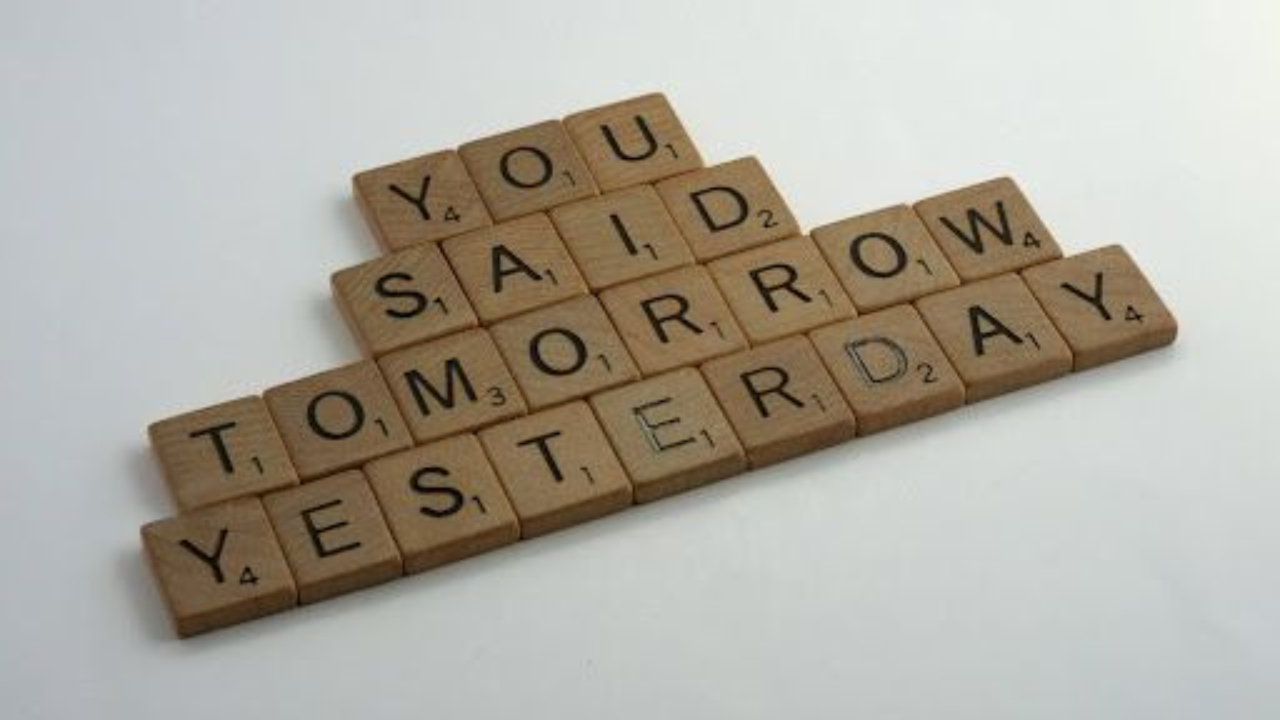How Do I Write a Query Letter?

What a Query Letter Is (and What it Isn't)
Summer is in full swing here in Michigan—the Mitten State. I hope you’re enjoying being near water, the beach, or the lake with a great book. Today, let’s demystify the query letter.
What makes a good query letter? I get this question a lot. To me, a query letter is like a cover letter for your book, and the book proposal is your resume. You’ll hear us say that a lot at Author Coaching. Many potential authors fumble their opportunity by not creating a simple, focused query letter.
Here’s what makes a good query letter: keep it simple and straight to the point. It’s okay to be direct; again, think cover letter. Your goal is to introduce me to your book - the title, the genre, and a brief one-liner about your book.
As a nonfiction Christian literary agent, it matters if you personally address your email to me and send me a query letter for books that I represent. I love genre fiction, but as much as I love a good dystopian novel, that’...
What’s in it for Me?

The #1 Question Every Reader Is Asking
I hope you’ve been enjoying this email series on book messaging. I know here at Author Coaching, we love helping authors like you with this. If you are just joining us, you can check out the first two parts here and here.
This last one, Benefits, is where the magic happens. You’ve already set everything up with the felt need and the promise. Now it’s time to take it home with the most important question your book must answer: What’s in it for me?
Readers are selfish—and they should be. They want to know what’s in it for them. That’s where your benefits come in.
This is where your message becomes laser-sharp. In 3–4 bullets, explain exactly what your reader will walk away with after reading your book. For example:
- Learn a simple three-step process to find financial agreement in your marriage.
- Identify what kind of emotional reactor you are—and how to change it.
- Discover five common obstacles to intimacy with God—and how to overcome each on ...
Your Reader Has a Problem—Here's Your Promise

The Bridge Between Their Problem and Your Book
Welcome to week two of this three-part series on book messaging. As a literary agent, I get really excited about the prospect of working with people who understand their audience. It tells me that they aren’t guessing, and that their book has the potential to make a huge difference to their audience.
But, once you’ve named the problem, your book must make a Promise.
In our framework, the promise is a one- or two-sentence statement that tells readers how your book delivers relief, insight, or transformation. It’s the aspiration that hooks them—and keeps them reading.
Examples of powerful promises:
- “You can be as close to God as you choose to be.”
- “You can learn to make wise choices in the midst of raw emotions.”
- “You can finally get aligned with your spouse about every major money issue.”
If you are struggling to name a promise for your own book, do it for a book you love.
I told you about how I picked up Tiny Experiments, and...
Are You Selling Aspirin or Vitamins?

Why Your Book Must Solve a Real Problem
I recently picked up a copy of Tiny Experiments: How to Live Freely in a Goal-Obsessed World. I know nothing about the author, but the book spoke to me. Lately, I’ve felt a bit tangled up in my goals and the endless treadmill that is productivity. I saw this book and thought, tell me more.
One of the biggest issues we help authors like you tackle is aligning your book’s message with your audience’s problem. That’s what Tiny Experiments did for me. A core fundamental belief I hold is that books are about problems and promises. To do that, you have to work on your book’s messaging. Over the next three weeks, we’re going to cover how to create strong book messaging.
Today, in part one, let’s talk about pain points.
How do you craft really great book messaging that helps your reader? You start by identifying the pain.
Here’s the hard truth: your book can’t be for everyone. If you try to reach everyone, you end up reaching no one. That’s why we a...
The Sentence That Sells Your Book

One of the most important things you can do for your book is craft a really great hook. When I look back at a project, I often think about how the hook worked or didn’t when measuring a book’s success. Taking the time to really think through this is a wise investment and can make a huge difference. Today, let’s discuss how to make the best one possible.
What’s the hook of your book?
It’s one of the most important questions your book has to answer—because your reader isn’t going to buy your book just because you wrote it. You have to earn their interest.
So let’s talk about your book hook: a sentence or two that teases the reader and gets them to lean in, ask questions, and ultimately—buy the book.
A great hook is:
- Intriguing
- Clear
- Curiosity-piquing
- Reader-focused
It answers two key questions:
1. Why THIS book?
With thousands of books to choose from, what makes yours stand out? Why should a reader invest their time and money in your message?
2. Why NOW?
Why is your book timely...
Done Beats Perfect: A Rule for Writers

I saw a fellow literary agent post on Threads this week: “I want to see your very best query and proposal.” I get that—and I agree. But I think it’s worth unpacking what “your best” really means.
Today, I want to share one of my favorite writing rules—one that’s helped me (and many of the authors I work with) push past perfectionism and actually finish the work.
Back when I worked as a promotion manager at Zondervan, our team devoured Seth Godin’s emails. His latest would spark cubicle-wide conversations. Godin, who wrote one of my favorite marketing books, Tribes, taught me something early in my career that I still rely on today:
Ship at 80%.
When you get to 80%, it’s time to:
- Launch the website.
- Start the newsletter.
- Send the book proposal.
The 80% rule helps fight off both perfectionism and procrastination.
When I’m stuck in the “just one more tweak” trap, I remind myself: if it’s 80%, it’s ready. Not perfect—but real.
Perfectionism says, “Wait.”
Procrastination whisp...
How to Sell a Million Copies

Hi, it’s Mike from Author Coaching and I’ve got a confession for you: I’m a sucker for a BOLD subject line—something like, how to sell a million copies. Just for example. 🙂
Selling a million copies can be a really great goal. I want you to achieve your big, hairy, audacious goals. So, in this email, let’s discuss how to do that today.
First, a story.
Recently, Curtis and I were with Jon Acuff in Franklin, TN, for his Remarkable You conference. It was his first-ever solo conference - a packed room, two full days of wisdom and stories. At one point, we got to stand on stage with Jon to celebrate his recent achievement of selling a million copies of his books. It was an amazing moment.
And the whole time, I kept thinking about you.
Because Jon didn’t start with a million readers, he started with a blog in 2008—no audience, no stage, just the discipline to show up and write. Now he’s built a career of influence. And he did it one step, one post, one leap at a time.
If you’re where Jon was b...
Procrastination is Sneaky - Here's How to Outsmart It

Hi, it’s Mike from Author Coaching.
You might be surprised to learn that I’m procrastinating right now as I write this post. As a literary agent and an author coach, my day job is pretty full of meetings and projects for my clients and publishing partners, but one of my passions is writing. On my desk is a big ole stack of procrastination - I’ve got a stack of articles I need to read, mixed in with notes that I’ve told myself that I need to read before I can begin writing.
Procrastination is sneaky like that.
Procrastination doesn’t always look like procrastination, either. Sometimes it’s wrapped up in something “productive” - another research session, a quick interview, or one more article to read. It sneaks in and keeps you from doing the one thing that matters: writing.
Here’s the thing: the writing is the thing. You can’t wait for the perfect conditions, more time, or extra knowledge to start. Professionals know they need to schedule time for research, interviews, and writin...
What to Talk About When You Talk About Platform

Every writer wants to know how to build a stronger platform. We get constantly asked, How much is enough? What numbers should I shoot for?
When asked how much money is enough, John D. Rockefeller famously said, “Just a little bit more.” The same goes for platform numbers. More is always better. Even if you have a large platform, it could be a bit bigger, right? Most writers are in platform infancy. So what do you do when you’re pulling together your proposal and you want to talk about your platform that you wish was, “Just a little bit more?”
Here are three ways to talk about your platform when you don’t have one:
- Talk about the good. What’s the strongest part of your platform? That’s where you want to emphasize the good. That’s a great place to focus on and explain why it will help sell your book. Good beats great when it comes to feeling like your platform has to be perfect. There is no perfect. As Seth Godin reminds us, “Ship it.” That means emphasizing the good.
- Talk about ...
How to Keep the Fire Burning

You know that meme, right?
There’s that meme, the one with the dog with a hat; he’s at the table drinking coffee. Everything around him is on fire – the house is burning down. A word bubble says, “This is fine.”
As a writer, there are times that you can probably relate to the dog.
Pursuing your goals hasn’t changed but the world around you has. It’s required more, for sure.
If you’re reading this right now, then you have set a goal that you would like to write a book one day, or you see publishing or self-publishing as a part of your business goals, or maybe you’ve even dabbled in publishing already. You’ve made a commitment to the goal. That was the easy part. Now comes the doing, and with it, the resistance.
So, how do you dive into your creativity during a crisis? We want to share with you some inspiration to help you tap into your creative juices so that you can create something amazing and impactful.
“Your goals require passion, and passion takes fuel.”
To overcome that res...

